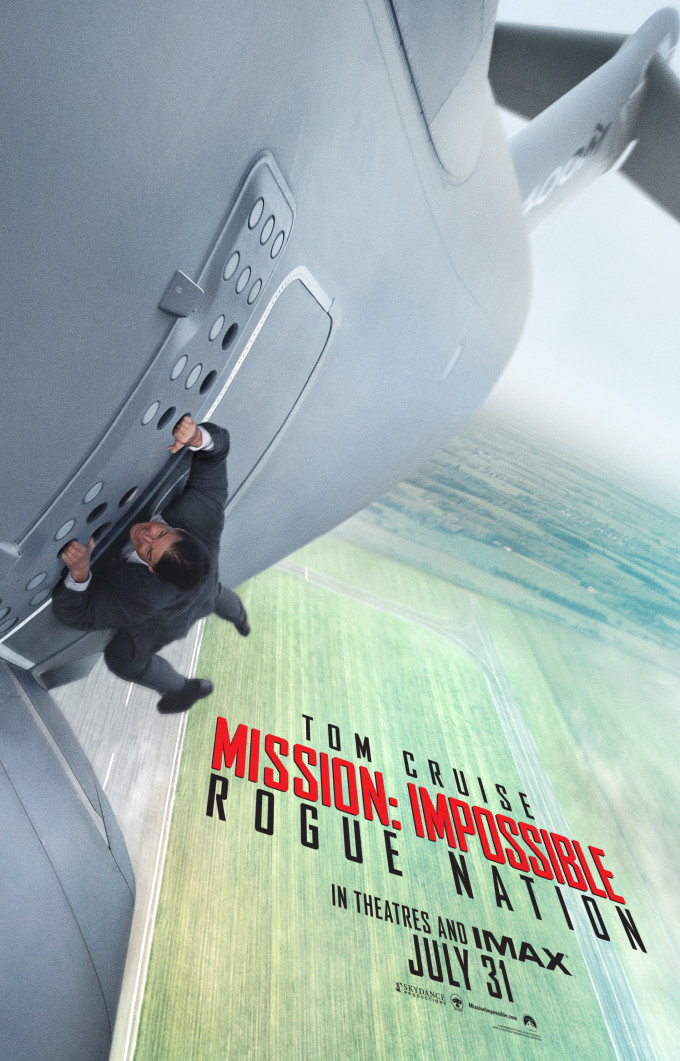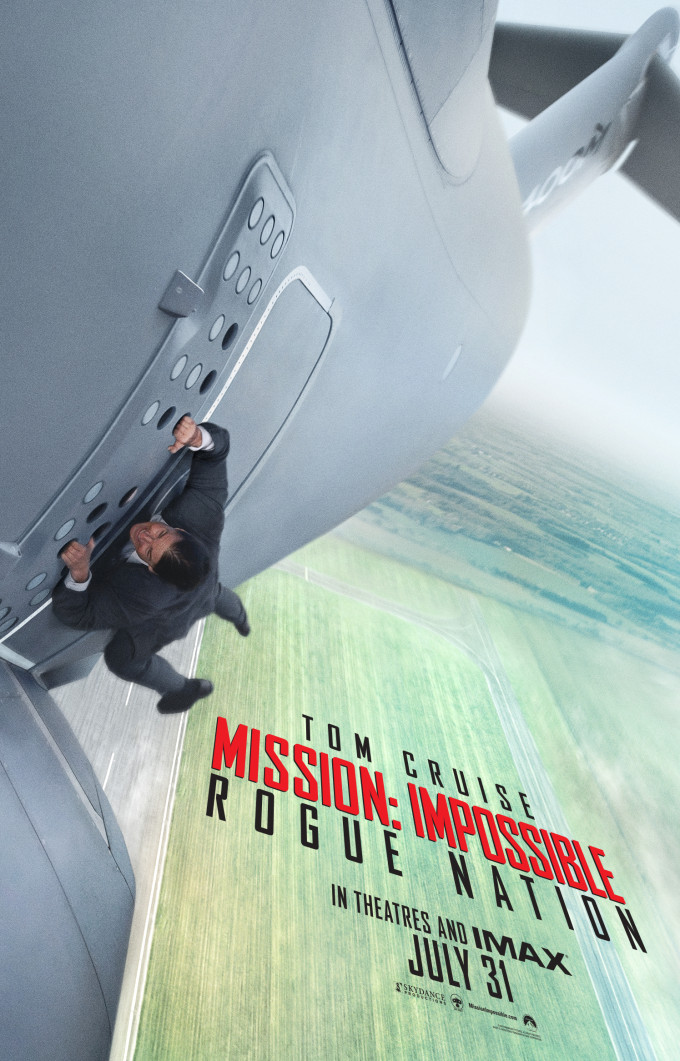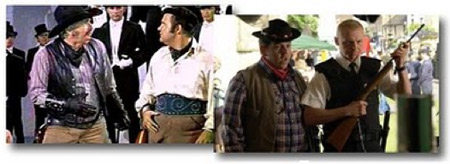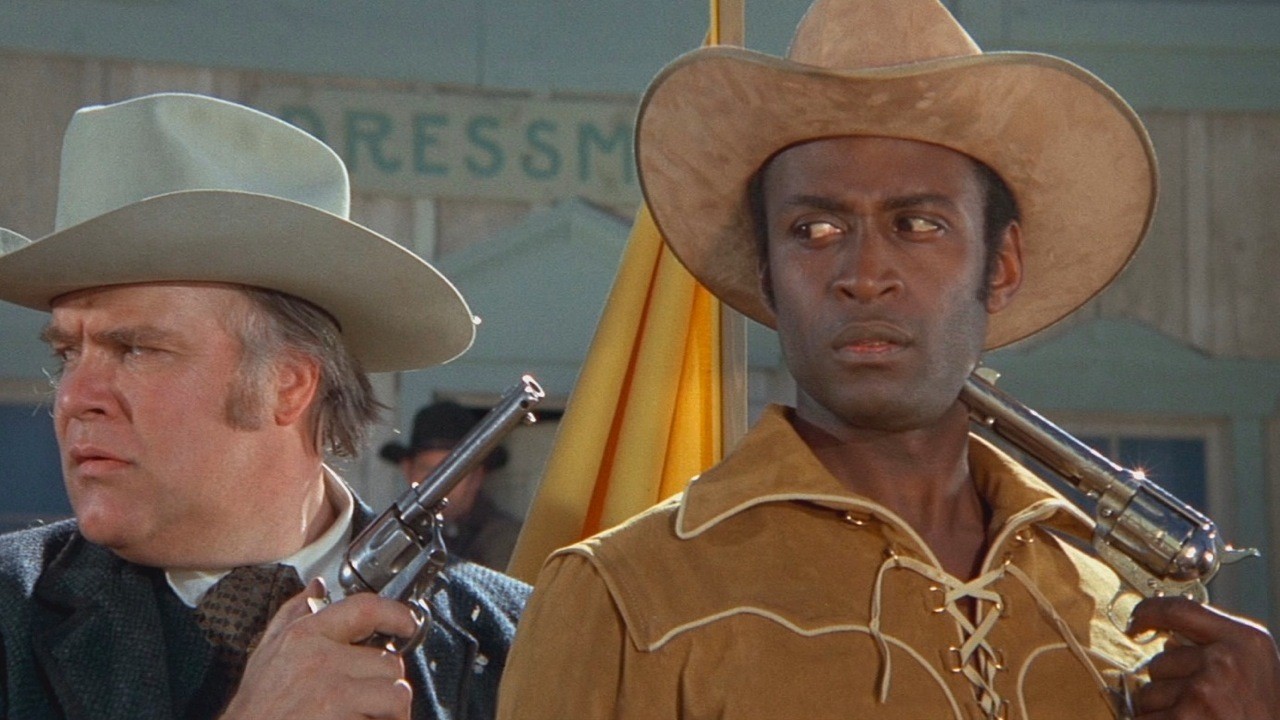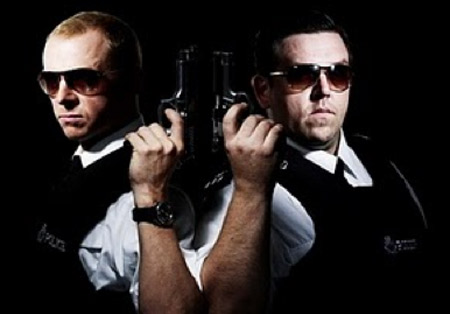Hey everybody, Michael C. here. There are certain phrases entertainment writers are fond of throwing around until they lose all meaning. If pop culture pundits are to believed at any given moment there are around a dozen “Best Shows on Television” and twice that many “It Girls”.
One phrase run into the ground this past summer was declaring such and such person “King of the Nerds -every week saw a new monarch crowned by the media. So in an effort to save everyone the confusion I propose we settle the matter here and now:
Who is the current King of the Nerds?
If we were to put things into Game of Thrones terms (and why wouldn’t we?) George Lucas is the Mad King who used to be the unquestioned ruler but had to be deposed when he lost his mind and started dragging his own films out onto the throne room floor to be destroyed. Peter Jackson would be the Robert Baratheon who was swept into power on the glory of the Lord of the Rings trilogy but whose subsequent projects became increasingly bloated until he was but a shadow of the leader he was when he first took the crown.
Now into the power vacuum wades these potential heirs to the throne and their fervent armies of fans:
 JOSS WHEDON – The Popular Favorite
JOSS WHEDON – The Popular Favorite
Hand of the King: Nathan Fillion
Claim to the Throne: Tough to beat his combination of mainstream success and cult adoration. Currently at the helm of The Avengers franchise, which, in case you failed to notice, was box office champ of the summer for the second year in a row. Its television spin-off Agents of S.H.I.E.L.D. debuts a week from Tuesday. Fans don’t come more loyal than his legion of followers.
Achilles Heel: Does he desire the title? Low-budget black and white Shakespeare adaptations? Internet musicals? Talk of doing a ballet? He seems more like a theater dork at heart.
 SIMON PEGG – The People’s King
SIMON PEGG – The People’s King
Hand of the King: Nick Frost
Claim to the Throne: Listen to him talk for 5 minutes (or glance at the cover of his book) and it’s clear that he is the real nerd deal. When he isn’t improving mega franchises with his presence, he is spearheading the Cornetto trilogy, the cult success of the last decade.
Achilles Heel: Can't really break out of cult status as a leading man, but then again, maybe that’s a plus for a Nerd King.
 BENEDICT CUMBERBATCH - The Knight of Flowers
BENEDICT CUMBERBATCH - The Knight of Flowers
Hand of the King: Martin Freeman
Claim to the Throne: Provokes the opposite of Affleck casting tantrums. Welcomed with open arms every time he shows up in a new geek-friendly franchise, which lately feels like all of them.
Achilles Heel – Sic Transit Gloria. In a year or two his roles in the The Hobbit, Star Trek, and Sherlock will all be in the rear view mirror.
 JJ ABRAMS – World Conqueror
JJ ABRAMS – World Conqueror
Hand of the King: A Pile of Money
Claim to the throne: All your franchise are belong to him. Accomplished the obscene fantasy of landing both the Star Wars and Star Trek franchises. Who can top that?
Achilles Heel: He has the power but does he have the love of the people? Star Wars and Star Trek aren’t what they once were and he his films have the habit of leaving vocally disgruntled fans in their wake. The masses could rise up against him.
 GUILLERMO DEL TORO – The Connoisseur’s Choice
GUILLERMO DEL TORO – The Connoisseur’s Choice
Hand of the King: Ron Perlman
Claim to Throne: One of the few guys creating original visions for the screen instead of rebooting and rehashing old ones. Lackluster response to Peter Jackson's The Hobbit, a project he was originally attached to, has only increased his cred, “If only Guillermo had done it…”
Achilles heel: Pacific Rim suggests he loses some of his mojo when reaching for mass appeal. More suited to work on the fringes than to sit on the throne.

It doesn’t feel right for me to make such a momentous judgment on my own, so I leave it to you. Declare which army you would join below or make a case for a different candidate altogether in the comments.
Previous Burning Questions
You can follow Michael C. on Twitter at @SeriousFilm. Or read his blog Serious Film
 Monday, July 25, 2016 at 1:00PM
Monday, July 25, 2016 at 1:00PM  It’s Eric, an admitted non-Trekker, with some reflections on Star Trek Beyond.
It’s Eric, an admitted non-Trekker, with some reflections on Star Trek Beyond. 


